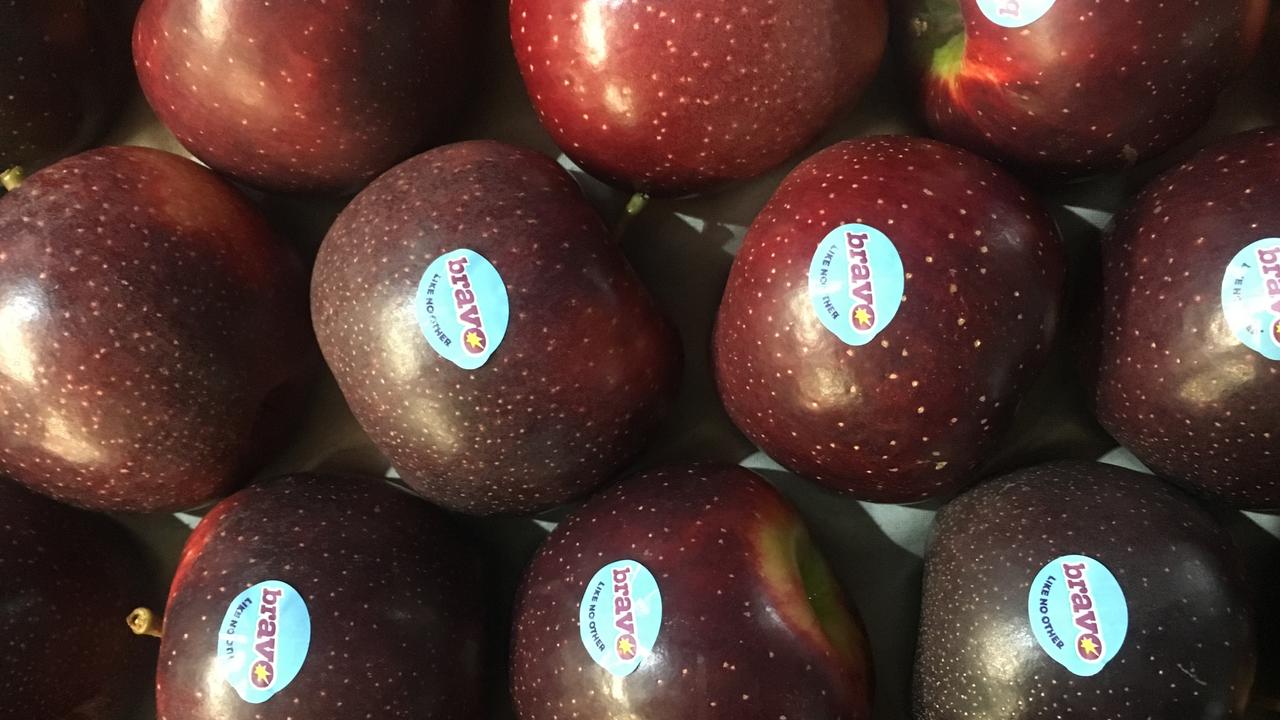Who is for and against Victorian music festival pill testing, and why
After years of debate, pill testing will be rolled out in Victoria. Here are some key questions answered about the controversial trial, the arguments for and against, and where and how it works elsewhere.
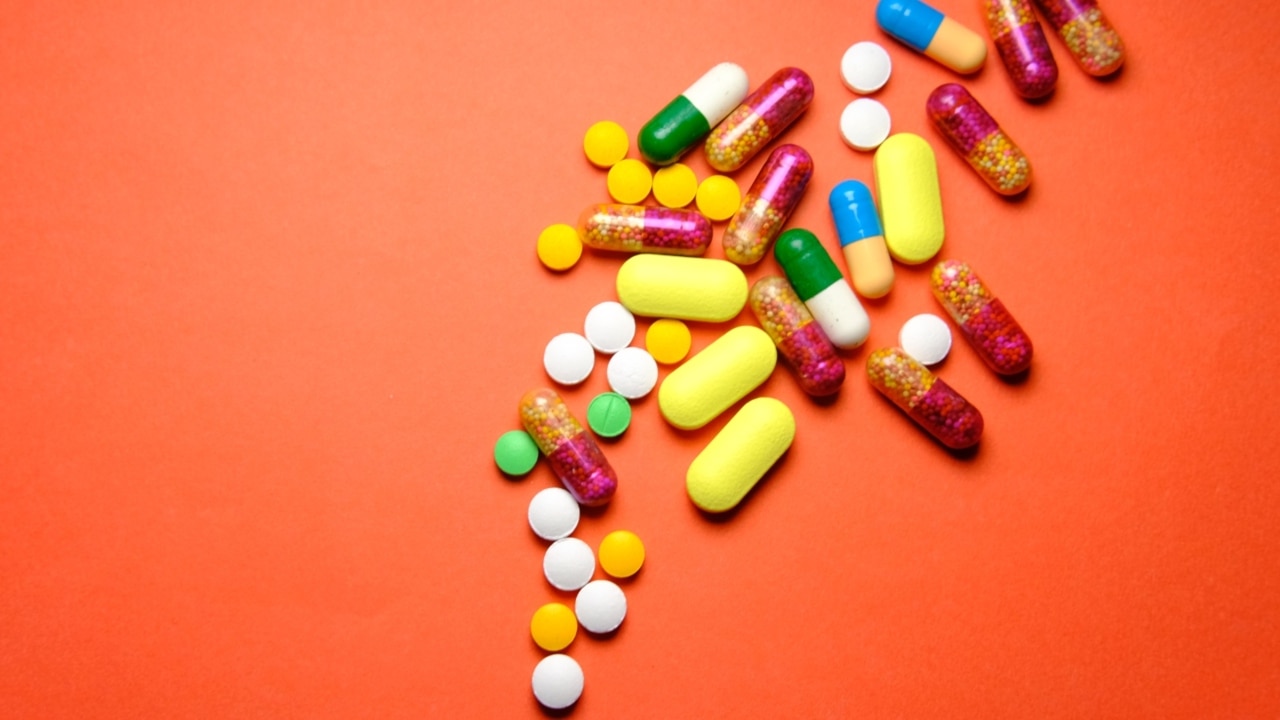
Victoria
Don't miss out on the headlines from Victoria. Followed categories will be added to My News.
After years of debate, the Allan government has announced a controversial pill testing trial will be rolled out in Victoria, claiming it will save lives.
The decision is a radical departure from Premier Jacinta Allan’s predecessor, Dan Andrews, who stridently refused all calls for pill testing, insisting there were “no safe levels at which these drugs can be used. No test will make these drugs safe for anybody”.
Ex Premier Andrews said the whole, basic concept of testing pills was flawed.
“The notion of testing, and essentially sending a green light message to people, I don’t support that,” he said.
Pill testing has wide support from Victorian drug and other health experts, but there are concerns about the model in law enforcement circles.
Here are some key questions answered about pill testing, how well or otherwise it has worked in other states and countries, how the Victorian trial is set to operate, what it hopes to achieve and who does and doesn’t support it.
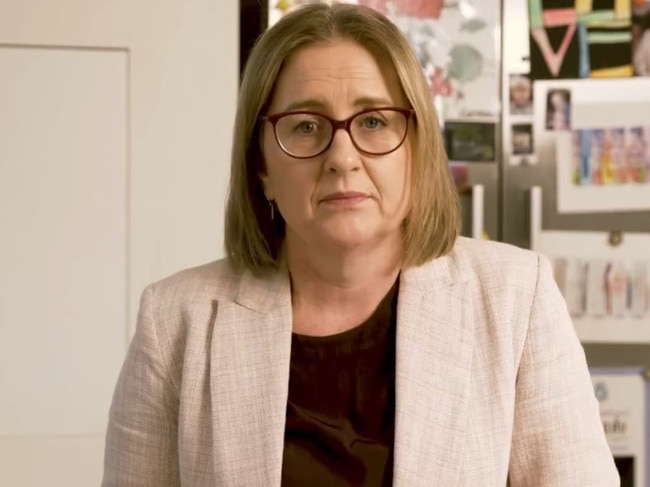
Where will pills be tested in the Vic trial?
A mobile service will attend up to 10 music festivals later this year, while a fixed site — to be located in Melbourne’s inner suburbs — will open in the middle of next year.
How will the trial work?
Victoria’s pill testing trial will run for up to 18 months, starting this summer, before it is fully implemented. Legislation will be introduced to parliament later this year.
What will it cost?
Implementing the drug checking service is set to cost about $4m.
What does Premier Jacinta Allan say about the trial?
“This is about saving lives,” Ms Allan said. “I don’t condone drugs, but if a young person gets handed a pill at a festival, they need someone to tell them exactly what it is and exactly what it does, without telling them that it’s safe. We can put our heads in the sand like politicians have done for decades, or we can change behaviour.”
Ms Allan said no person who used the service would ever be told a drug was safe to consume. Instead, they would be told what’s in the drug and have a conversation with an expert about the consequences and choices they faced.
What did former Premier Dan Andrews say about pill testing?
In March 2019, following revelations music festivals had been linked to more than a dozen overdoses and more than 100 drug arrests the summer just gone, Mr Andrews took a hard line against pill testing.
“Even substances that are so-called pure, can kill. That’s the start and the finish of it. There is no safe level at which you can consume this stuff,” Mr Andrews said.
“The notion you can bring certainty to it, I just think is wrong and potentially dangerous because it misleads people. Maybe we have to do better at educating people.”
In February 2023 he shut down fresh calls to trial pill testing in Victoria, declaring it would never happen under his leadership.
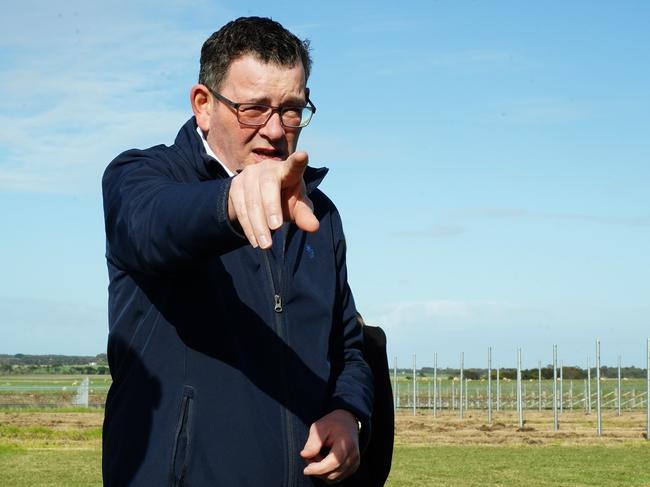
His tough talk came after an announcement from Queensland’s then Labor Premier Annastacia Palaszczuk revealing that state would run at least one drug-checking trial site within six months
But despite hailing from the same party as Annastacia Palaszczuk, Mr Andrews said he had no plans to follow the Queensland government’s lead.
“The (Victorian) government is not introducing a pill-testing trial. Queensland can do that if they choose to, we aren’t,” he said.
“I’ve got no plans to be introducing that … I’ve been very clear about this longstanding position for 20 years. There are no safe levels at which these drugs can be used. No test will make these drugs safe for anybody,” Mr Andrews said.
He said the whole basic concept of testing pills was flawed.
“The notion of testing, and essentially sending a green light message to people, I don’t support that,” Mr Andrews said.
Where else in Australia and the world are pills checked?
In 2023, a systematic review of global harm reduction identified drug checking services as being in operation in at least 26 countries, with a concentration of services in western
Europe. The Netherlands, Switzerland, Austria, Belgium, Germany, Spain and France are among countries that already have pill testing services.
New Zealand also has pill testing, including at university O-Weeks and other large organised events, as well as at music festivals.

In 2021 New Zealand became the first country in the world to permanently legalise drug checking services, which allowed individuals to test the safety of illicit substances without fear of legal repercussions.
In 2022, 73 NZ drug checking clinics tested 1,720 samples.
Two Australian jurisdictions have also introduced drug checking: the Australian Capital Territory and Queensland.
In 2018, Australia held its first pill testing trial at the Groovin’ the Moo Festival in Canberra, Pill testing trials at the Canberra Groovin’ the Moo festival and a UK festival found that 20-43 per cent of drugs tested were not what festival-goers believed they had purchased.
What can and can’t be tested for at festivals?
Drugs in pills, capsules, powders, crystals or liquid form can be tested.
Some substances like plant materials, formulated steroids or dilute solutions may not be able to be tested.
How have the Queensland and ACT trials worked?
Health authorities in April this year released data from Queensland’s first pill testing site, which uncovered a high-risk substance first detected by another drug testing service in Canberra.
The Rabbits Eat Lettuce music festival, held in the Southern Downs was the state’s first event-based drug checking service, and a national first for a multi-day music festival.
Delivered by Pill Testing Australia, the service saw 257 festival goers visit the drug checking tent over four days.
Initial data from the service revealed that out of the 210 samples provided for testing by qualified chemists, about 14 samples were discarded.
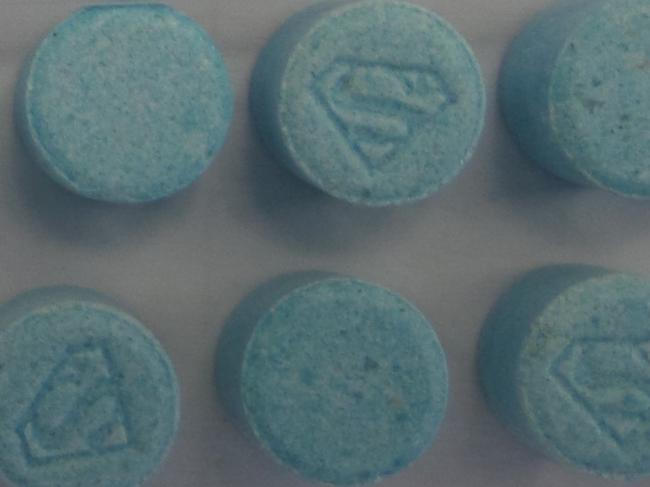
The most common substances presented for testing were MDMA and ketamine.
Two high-risk substances were detected during the testing, including dimethylpentylone (a synthetic cathinone) and 2-fluoro-2-oxo-phenylcyclohexylethylamine, which were both mis-sold as other substances.
Pill Testing Australia issued a warning on 2-fluoro-2-oxo-phenylcyclohexylethylamine, otherwise dubbed as Canberra ketamine after it was detected for the first time in Australia by the CanTEST drug checking service in Canberra.
The warning stated that 2-fluoro-2-oxo-phenylcyclohexylethylamine was a new synthetic ketamine, and its long and short-term effects were unknown.
How does pill testing typically work at music festivals?
At some festivals in other jurisdictions where pill testing has been rolled out it has worked like this: A patron first enters a pill testing area, they meet with a trained harm reduction worker who explains the process. At the outset, patrons are informed that there is no safe level of drug use. Patrons then provide a sample of their substance – a thin scraping of a pill or sample of powder is enough – and a trained chemist analyses the sample, usually with an FTIR spectrometer, a device used to identify legal and illegal substances using a huge database of substances measured by labs around the world.

The chemist labels the substance as one of three classifications – the substance is what the person expected; the substance is different to what the person expected; or the substance contains a dangerous or undocumented substance. An example would be discovering the inclusion of fentanyl, a synthetic opioid 50 times more potent by weight than heroin, and often associated with overdose deaths.
After pill testing, people may choose to dispose of their drugs through safe disposal methods offered by pill testing facilities, or to modify their use to reduce the risk of harm.
Is pill testing supported in Australia?
According to the Victorian Alcohol and Drug Association (VAADA), recent results from the National Drug Strategy Household Survey show that support for drug checking in Australia is on the rise, up from 57 per cent to 64 per cent in the most recent survey.
Research shows young people are highly supportive of pill testing; more than 82 per cent of 2,300 young Australians aged between 16 and 25 years surveyed for the Australian National Council on Drugs in 2013 supported its introduction.
What are the arguments for pill testing?
Professor Alison Ritter of the National Drug & Alcohol Research Centre says pill testing has been shown to change the black market. Products identified as particularly dangerous that subsequently became the subject of warning campaigns were found to leave the market.
Research also showed the ingredients of tested pills started to correspond to the expected components over time, suggesting pill testing could be able to change the black market in positive ways.
Pill testing had also been shown to change drug taking behaviour, Prof Ritter said.
Research from Austria showed 50 per cent of those who had their drugs tested said the results affected their consumption choices and two-thirds said they wouldn’t consume the drug and would warn friends in cases of negative results.
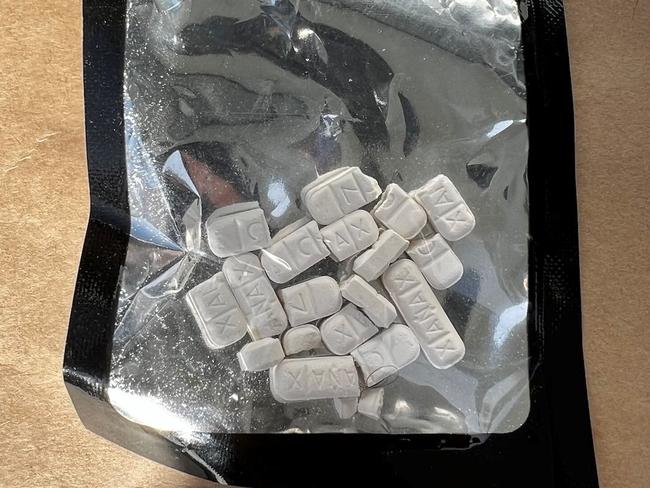
Visits to pill testing booths also created an important opportunity to provide support and information over and above the testing itself, enabling drug services to connect with a population that was otherwise difficult to reach because they were typically not addicts but occasional drug users, she said.
Pill testing also meant drug and alcohol agencies could capture long term data about the actual substances present in the drug scene, creating the potential to issue warnings.
“This is becoming all the more important as new psychoactive substances that may be used as adulterants are appearing more frequently,” Prof Ritter said.
Ambulance union boss Danny Hill says it’s a “common sense move”.
“You can never make illicit drugs safe, however, what paramedics are most fearful of, is a bad batch circulating,” he said.
“That’s usually what leads to mass overdoses and serious reactions. Pill testing can identify those bad batches and potentially save lives.”
What are some of the arguments against?
Prof Ritter says there are fears testing may also lend the appearance of safety when, in reality, the pills remained illegal and potentially harmful.
What’s more, it would be vital to ensure that pill testing results were accurate by researching the effectiveness of testing kits, she said.
Critics of pill testing say the measure could “send the wrong message”, that drugs are condoned.
Victoria’s powerful police union has criticised the move and said the government will need to clearly outline how it expects police to enforce drug taking at music festivals.
Police Association Victoria secretary Wayne Gatt said pill testing was “not the panacea”.
“Pill testing diminishes the illegality of illicit drug taking in a particular area at a particular time, and that flies directly in the face of long-accepted policing principles, personal responsibility and the law,” he said.
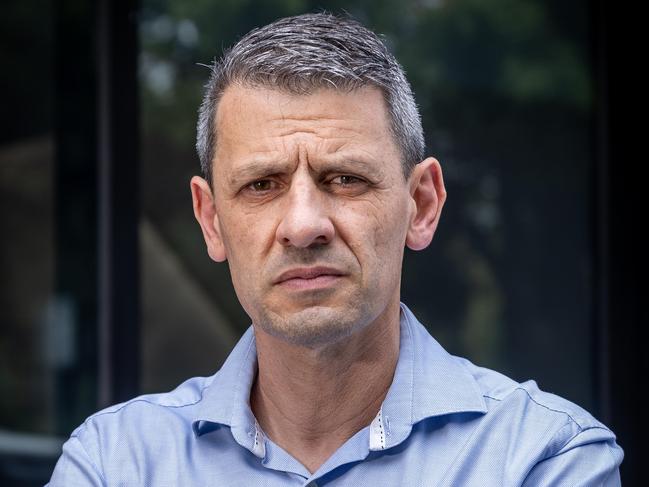
Concerns have also been raised regarding the police role at festivals, with some officers saying there would be little point in searching for illicit drugs because under the pill testing regime it is expected officers will be unable to pounce on people lining up at the units.
It’s also unclear whether the government still wants police to undertake targeted searches 50m from the sites or even on entry to venues, given this approach would be inconsistent.
Some officers said there would be no point in searches when revellers could argue they were headed to pill testing sites, saying this would give partygoers an “amnesty”.
Victorian opposition leader John Pesutto said it gave a “green light” to dangerous drug taking behaviour.
“It also, unfortunately, lays out a welcome mat for those who will deal in pills and other drugs, who will see this as an invitation to only expand their activities,” he said.
Why do many Victorian drug experts support pill testing?
State coroner John Cain had repeatedly urged the government to green light pill testing, and he’s far from the only one to support the initiative.
Shalini Arunogiri, acting executive clinical director of Turning Point and associate professor at Monash University: “Drug checking has been effective at reducing illicit drug harms for decades globally and repeated polls show it’s an approach supported by a majority of Australians. It acts as an early warning system for novel or contaminated substances, and there’s a consistent body of evidence that it often results in people discarding their drugs.”
Professor Suzanne Nielsen, opioid expert and acting director at Monash Addiction Research Centre: “We have seen increasing detection of toxic drugs — such as the highly potent opioids like nitazenes — in overdoses. This is a step in the right direction to prevent harm by detecting these substances before they are unintentionally taken. These services are already widely available in many countries, so it is fantastic to see Victorians now being able to access the same evidence-based services.”
Swinburne psychopharmacology expert Dr Amie Hayley: “The announcement of a pill-testing trial is an exciting step for evidence-based strategies to support the health of young Victorians. This initiative will help save young lives and will be critical in supporting practical and realistic harm reduction reform across Australia.”
Penington Institute CEO John Ryan: “Drugs from the criminal market are highly unpredictable. They can be manufactured in shoddy labs where makers combine them with other substances, or substitute drugs that are more dangerous. People take these drugs not knowing what they are getting. Analysis of pills and drugs will help people make more informed decision about whether they still want to take the drug and how to manage the risks.’’



